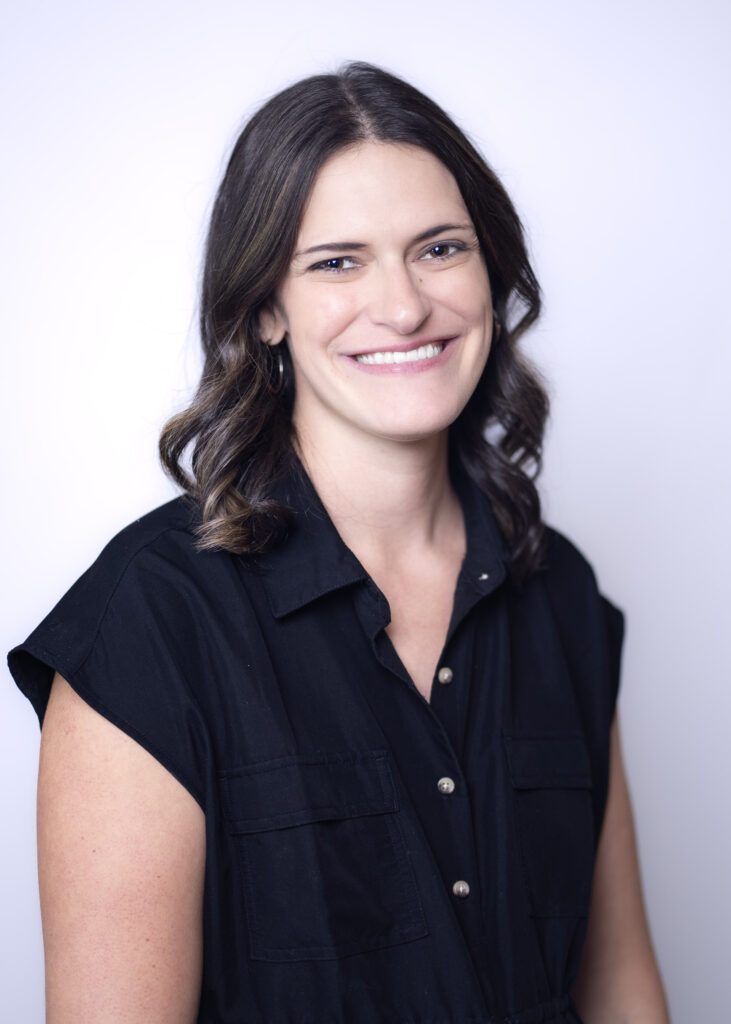
At Fulton Elementary School, Karissa “Kari” Boggess has spent the past eight years as a school social worker, dedicated to strengthening relationships between children and their families. Her journey into social work was one of purpose: a desire to help parents and children connect, communicate, and navigate challenges together.
Kari’s path to the School District of Lancaster was shaped by her mother, Jackie Martin, a school counselor at Reynolds Middle School. Watching her mother’s dedication to students and families, Kari saw firsthand the difference one person could make in a child’s life. Encouraged by Jackie, she pursued an internship with SDoL’s Student and Family Resource Specialist (SFRS) program, which led to her full-time role as a social worker. That encouragement was more than career advice, it was a belief in Kari’s ability to make a real impact.
Moments That Matter
Throughout her career, Kari has found meaning in building trust and connection. She recalls moments when frustrated and overwhelmed parents turned to her, feeling unheard and out of options. In these difficult conversations, she takes a deep breath and responds with honesty and care, ensuring parents feel truly seen.
“Some of my favorite moments are when I build trust with parents who feel angry and alone,” Kari shares. “I remind them that they are not in this by themselves, that someone is here to listen and help.”
It is in these moments, sitting across from a struggling parent, listening to their fears, and finding a way forward together, that Kari knows she is exactly where she is meant to be. The work is not always easy, but it is always meaningful.
Her motivation each day comes from her faith, which guides her in both her personal and professional life. She views social work as an extension of her commitment to compassion, justice, and love, striving to embody those values in every interaction.

The Role of a Social Worker in Education
For Kari, the role of social work in schools cannot be overstated. She believes education extends beyond academics, students need emotional and social support to learn effectively.
“We can’t only focus on a child’s brain and expect them to learn,” she says. “We need to also focus on their emotions, their relationships, their bodies, and their communities. Learning isn’t just about books and lessons, it’s about feeling safe, supported, and understood.”
The transition from the title of SFRS to Social Worker within SDoL was significant for her. While some families may have had negative past experiences with social workers, she sees this as an opportunity to redefine the profession’s role in education.
“A long time ago, a colleague told me that ‘SFRS’ was a better title because some families associated ‘social worker’ with negative experiences,” Kari recalls. “And while I understand that, the only way to change that perception is through action, by providing families with positive experiences. I am not afraid to tell someone I’m a social worker. In fact, I’m so proud, I made sure I could say it in Spanish!”
Supporting and Empowering Women
Kari is committed to guiding young girls through challenges in friendships, self-worth, and personal growth. Many times, she encounters female students entangled in conflicts, using words to wound instead of uplift. While it would be easy to dismiss these situations as typical childhood drama, Kari sees them as an opportunity for change.
“It’s not uncommon for female students to end up in my office after hurting each other with relational aggression,” she says. “And while it can be frustrating, I remind myself that I have a responsibility to teach the next generation of women how to love, respect, and lift each other up.” 
Her mother serves as her greatest inspiration, a woman who has faced adversity and emerged stronger, pouring her heart into making Reynolds a safe and welcoming space for students. Through her example, Kari has learned the power of perseverance and the importance of showing up every day for the people who need her most.
She also finds strength in the broader community of women in social work, a field that is predominantly female. She deeply values the camaraderie, mentorship, and solidarity among her colleagues, knowing they share the same mission of supporting students and families.
For young women entering the social work profession, Kari emphasizes the importance of sustainable self-care.
“Identify what good self-care looks like to you, what truly feeds your soul beyond chocolate and bubble baths and start doing those things early. This work is exhausting, and the burnout is real. We need women who are willing to stay in the field, to continue fighting for kids, even when the work gets tough.”
A Call for Support
As Social Work Appreciation Month highlights the critical role of social workers, Kari believes that acknowledgment matters not for the sake of recognition, but to ensure that their work is fully understood and valued within the school system. She envisions a future where social workers are seamlessly integrated into education, where their role is not just an add-on but a fundamental part of how schools operate.

“Social workers and educators sometimes butt heads because our roles intersect in complicated ways,” Kari reflects. “But schools without social workers would be missing a vital piece. We are here to support the whole child, to address the barriers to learning that go beyond the classroom.”
Her work at Fulton Elementary is a reflection of her belief that meaningful change happens through relationships. Whether she’s supporting families, mentoring students, or standing in solidarity with her colleagues, Kari remains committed to creating a school environment where every child is understood, supported, and given the tools to succeed.
At the heart of it all, her work is about connection, about making sure that no child, no parent, no family feels alone in the journey. And in that, Kari Boggess is making an impact that will be felt for generations to come.
